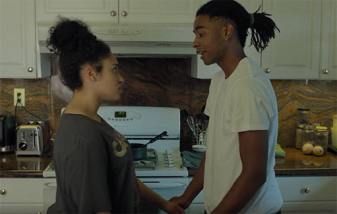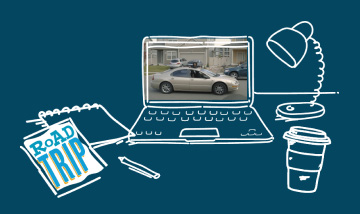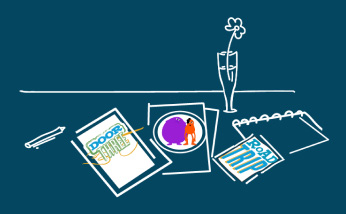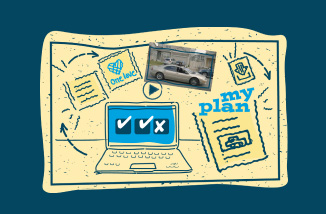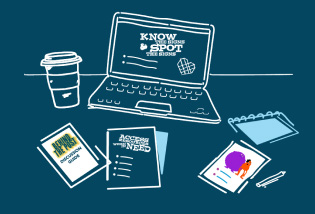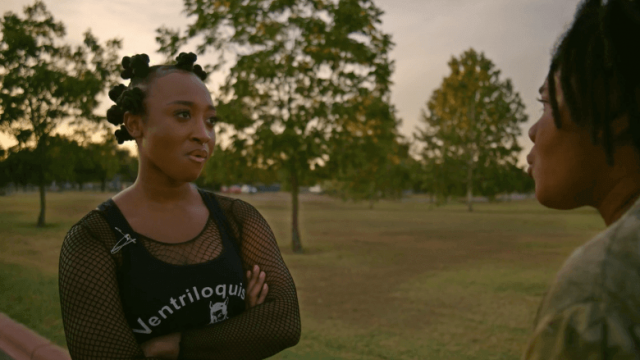Steps for a Healthy Breakup
Here are a few steps you can take to keep yourself safe before, during, and after a break-up.
 Build a safety network.
Build a safety network.
 Plan where you're going to have the conversation.
Plan where you're going to have the conversation.
 Setting boundaries after the relationship is just as important as during it!
Setting boundaries after the relationship is just as important as during it!
 Focus on yourself.
Focus on yourself.
 It’s normal to miss your partner.
It’s normal to miss your partner.
 Certain factors can make some abusive relationships more dangerous than others.
Certain factors can make some abusive relationships more dangerous than others.


